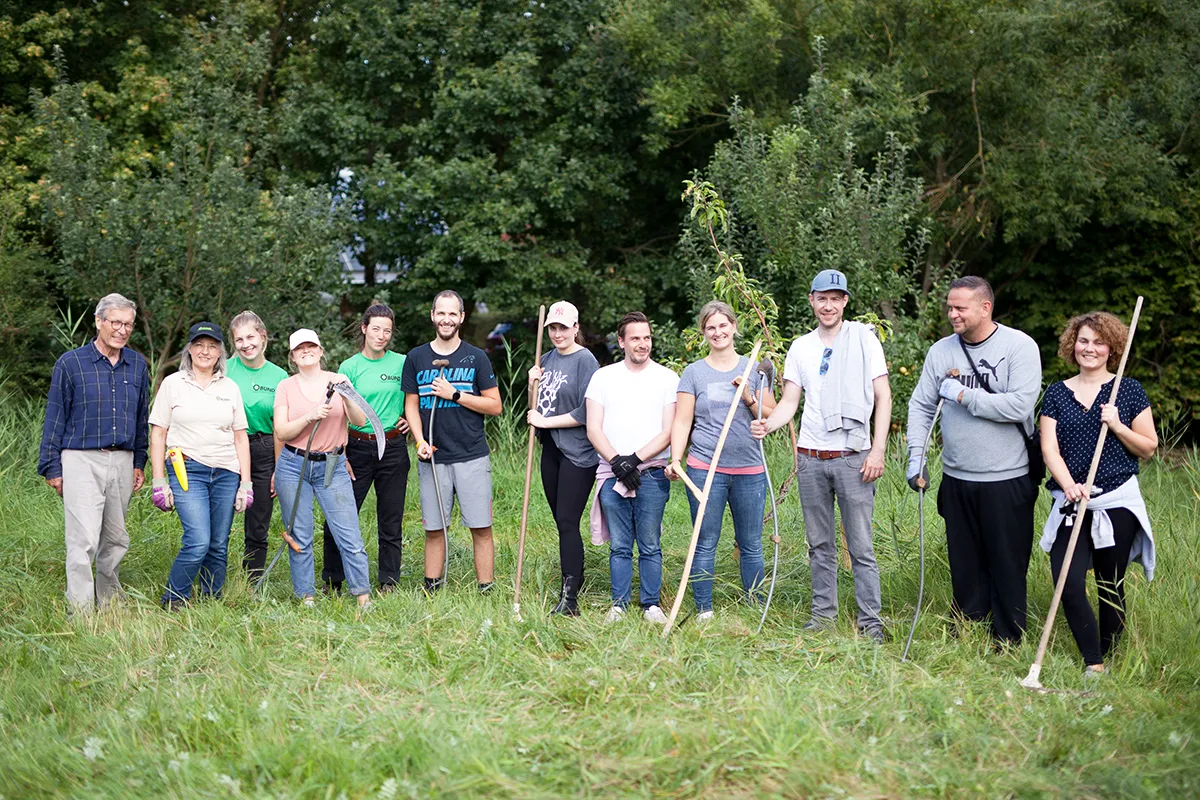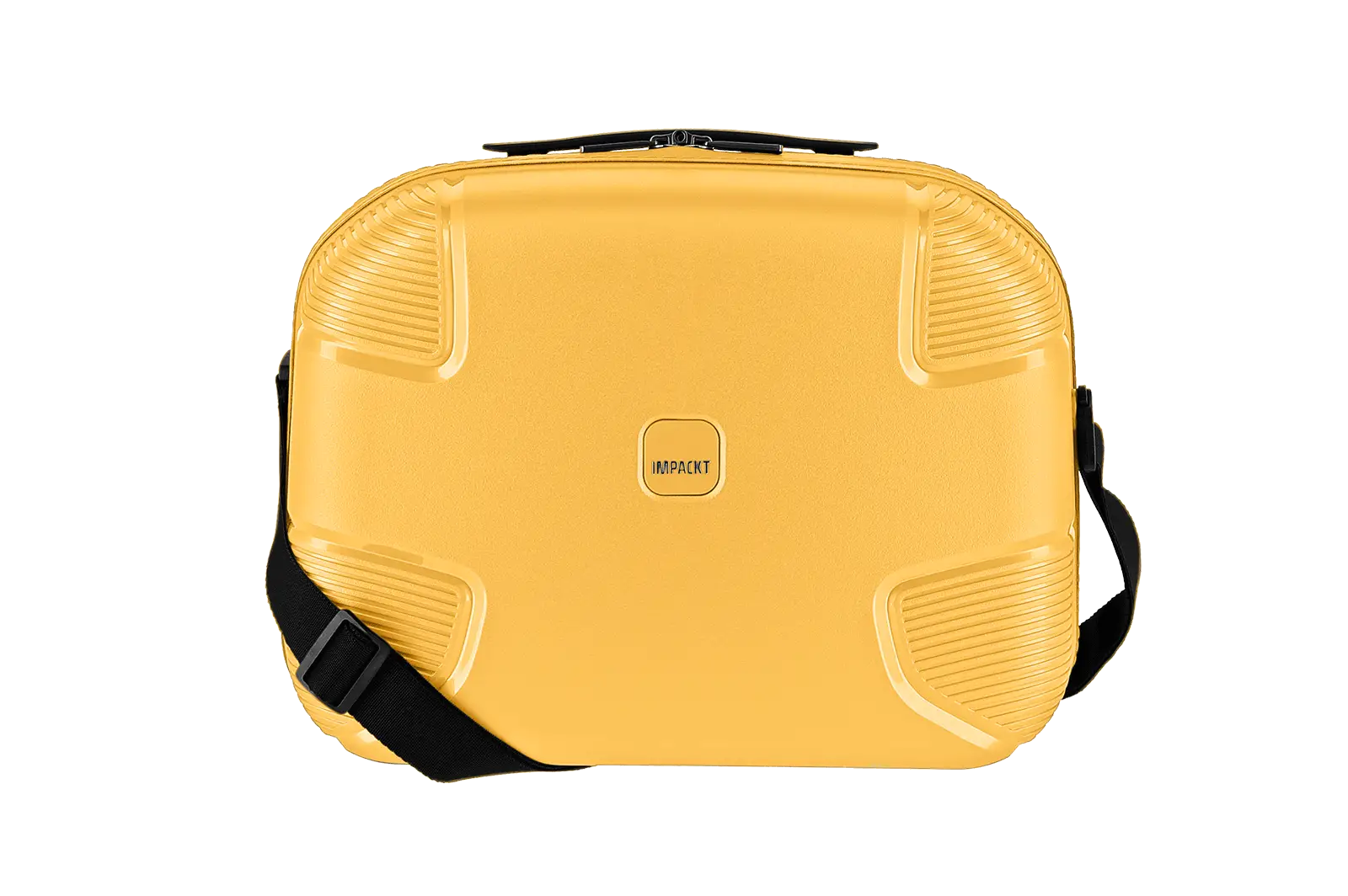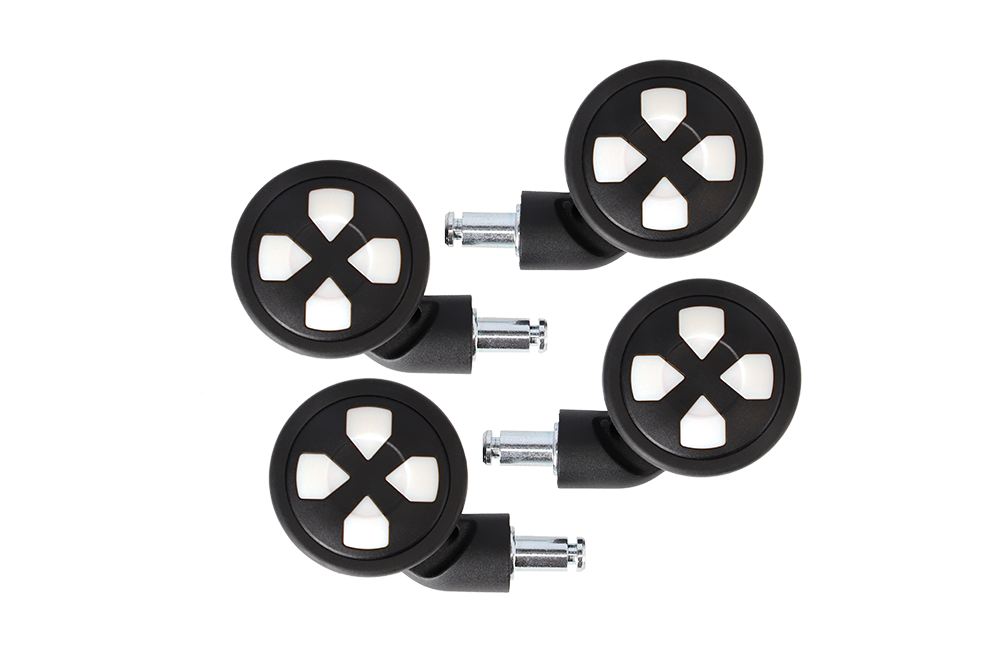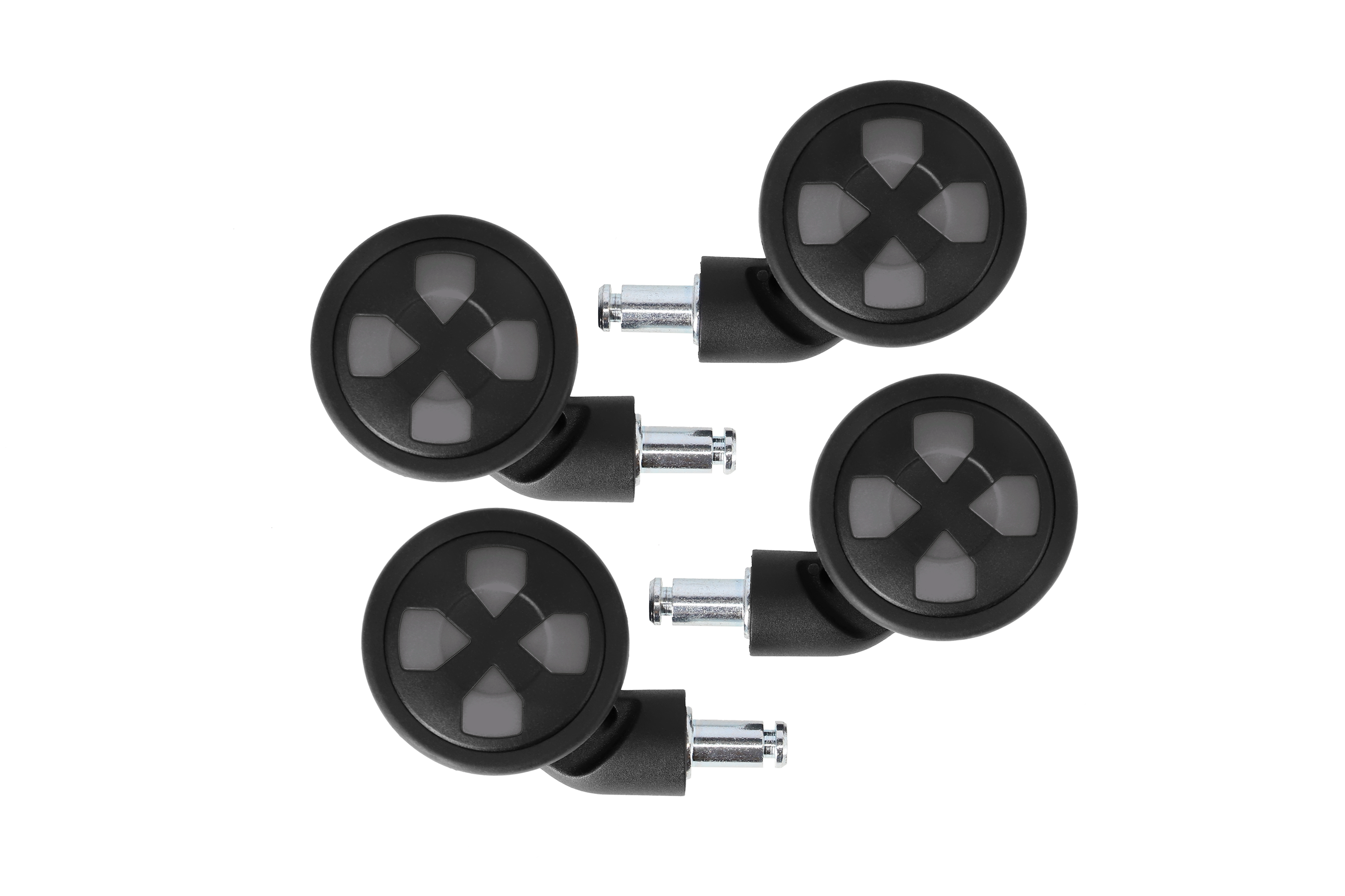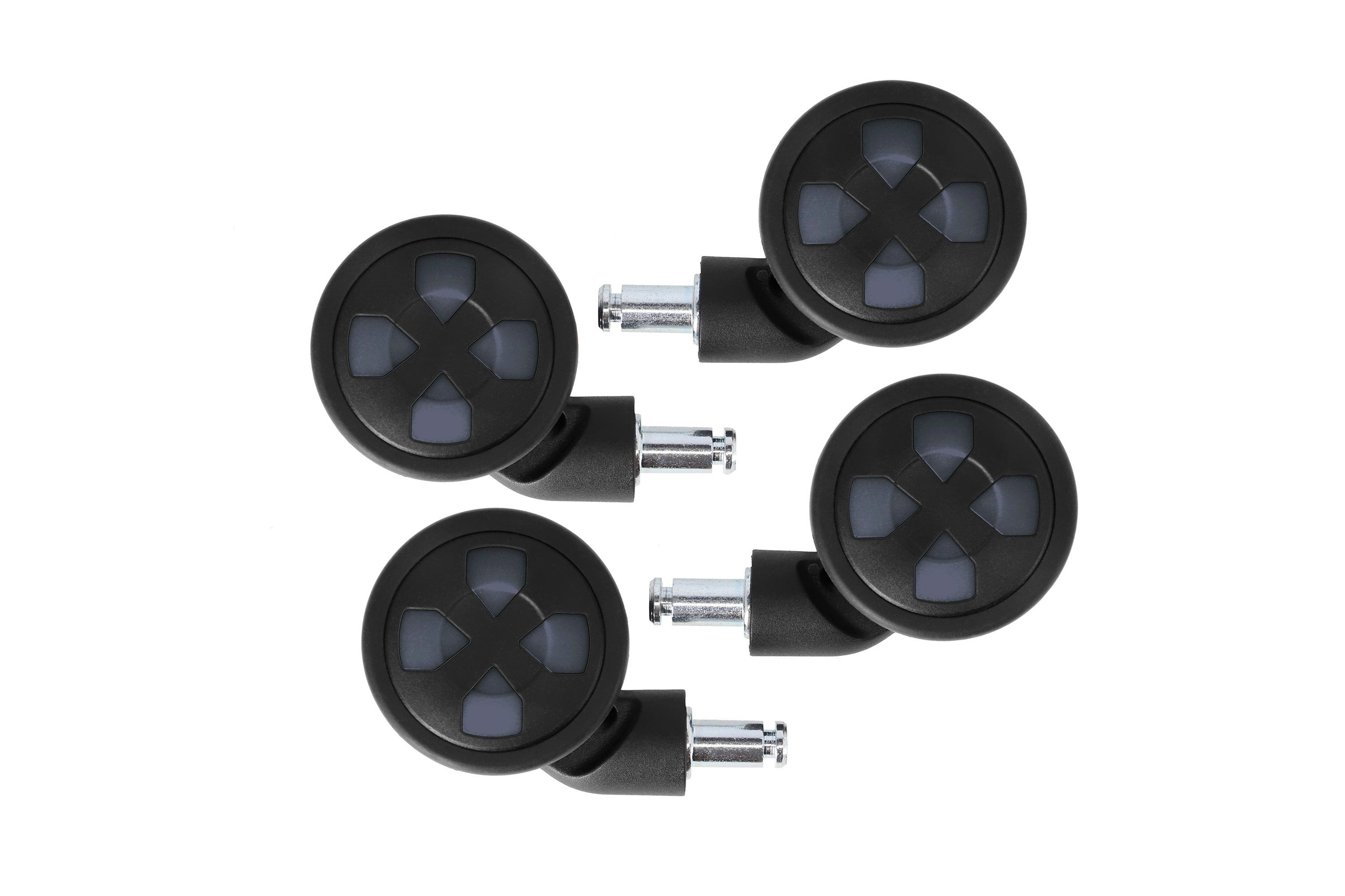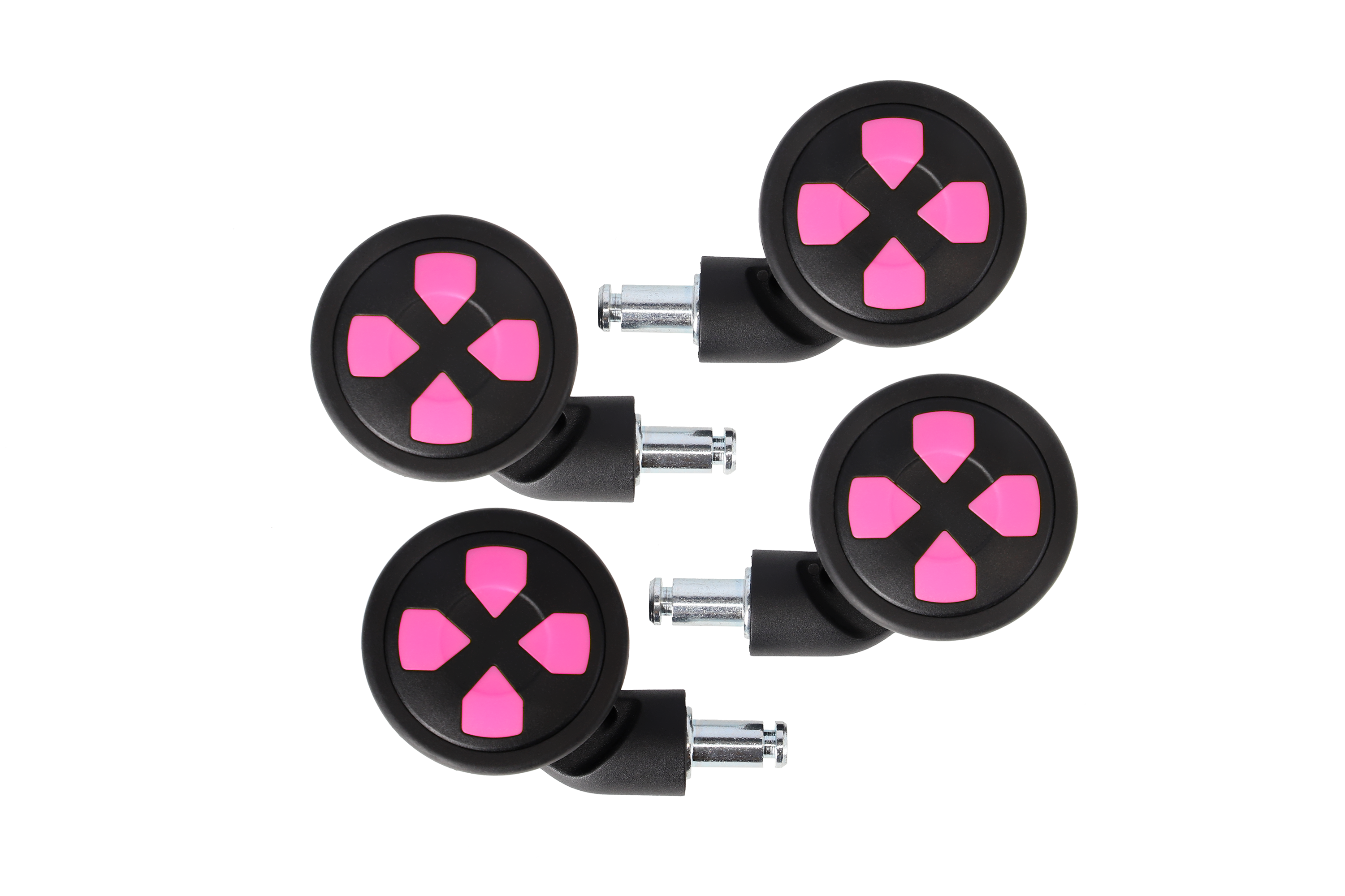We want to make a difference. With more eco-friendly suitcases. With our community on
Instagram. With our blog 'Travel with IMPACKT'. For us, it's important to get active. Like, really, as a team.
On September 14, 2023, our more sustainable journey will take us to the Karlshöhe estate. Together with eight of our colleagues, we will take part in the "
Wi mook dat" day of action. On the Hamburg Social Day, companies can choose from 20 projects that
support the community and the environment. We decide to lend a hand to the
BUND in its meadow orchards and thus promote what is close to our hearts at IMPACKT:
a sustainable green planet.
We need insects to survive
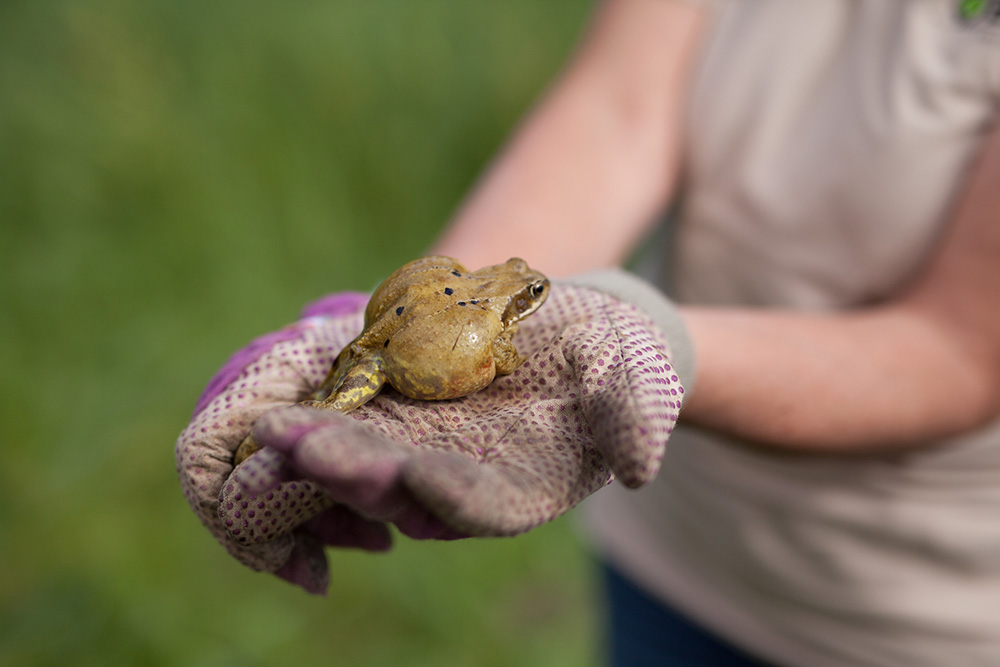
Three quarters of all crops in Europe depend on pollination by bees. The black-and-yellow insects therefore provide us not only with sweet honey, but also with a better harvest in general. Without bees, our plates and tables would remain quite empty.
The problem is that bees are not having an easy time of it at the moment. About half of the 561 species in Germany are on the red list. But they are not alone. Many insects are currently threatened with extinction. More and more of them are being pushed out of nature. Since 1989, we have lost almost 80 percent of our insects alone (source:
wwf).
This is partly because more and more habitat for insects is disappearing. We are concreting over our cities, laying out gardens and parks for their look - but not for their benefit - and using pesticides and insecticides in intensive agriculture.
So it's obvious what we can do to stop insect mortality and ensure greater biodiversity: we need to create more natural habitats for them again and protect existing ones. Orchards play an outstanding role in our Central European biodiversity.
Off to the orchard meadow to Karlshöhe
We will meet at 9 a.m. at the Karlshöhe estate near Bramfeld. We want to help preserve and maintain the large, traditional meadow orchard of the Hamburg Climate Protection Foundation.
It is a nice feeling to be in this place. There is the hum of bees, the scent of freshly cut grass and a bit of nostalgia in the air. After all, the orchard was planted back in the 1920s. It is home to pear trees that are over 100 years old, many more apple, cherry, and plum trees, and species of animals that are no longer found in other places. The meadow orchard has a
long history - we can feel that immediately.
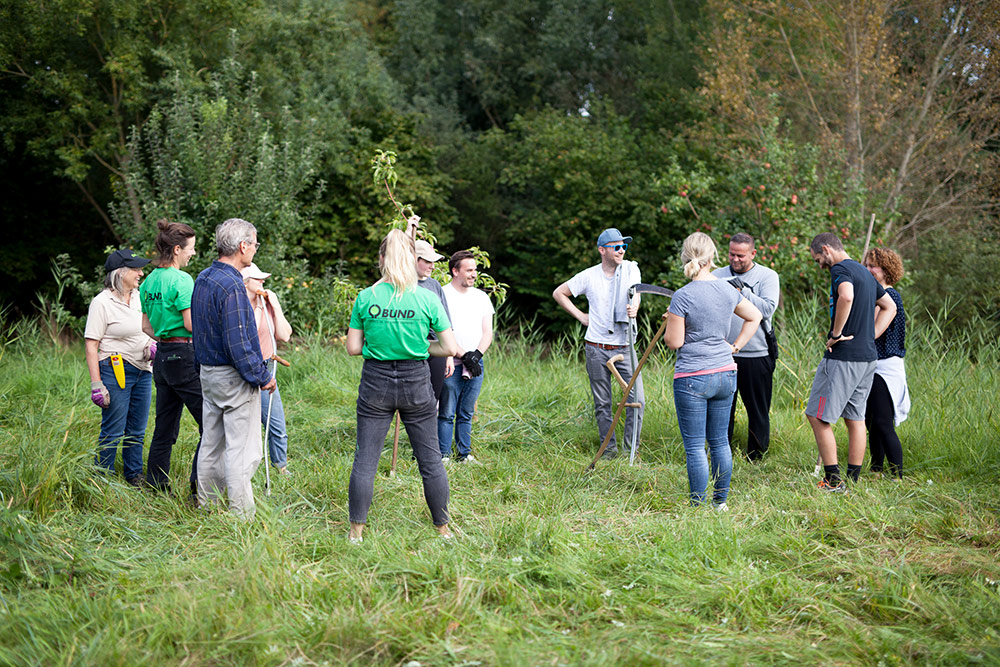
After a friendly welcome from our "supervisor" Nora, we get started. On our program are:
- Harvest apples
- Remove old woody plants and use them to create benjes hedges
- Scythe and remove brambles to expose meadows and make new Benjes hedges from them
- Grass scything
- Spread grass cuttings under fruit trees as nutrients
- Dig trenches around trees to target fertilizer to the root system
- Use rare plants to promote biodiversity
We enjoy all the tasks and the togetherness. But when we sit together during the lunch break over a vegetarian buffet of fresh bread and sandwiches and drink apple juice that comes from the meadow orchards, we also have to admit: It's all quite exhausting. Scything in particular consumes a lot of energy. But we also learned: A scythe is much better than electrical equipment if you want to protect animals. This knowledge makes the sore muscles the next day much more bearable.
Before it was time for us to get back to our scythes and spades, there was a guided tour of the meadows after the lunch break in the most beautiful sunshine. Nora's colleague showed us the different apple varieties and we learned that there are apples from many different countries. The goal is always to achieve a greater variety in order to be prepared for the future that climate change will bring.
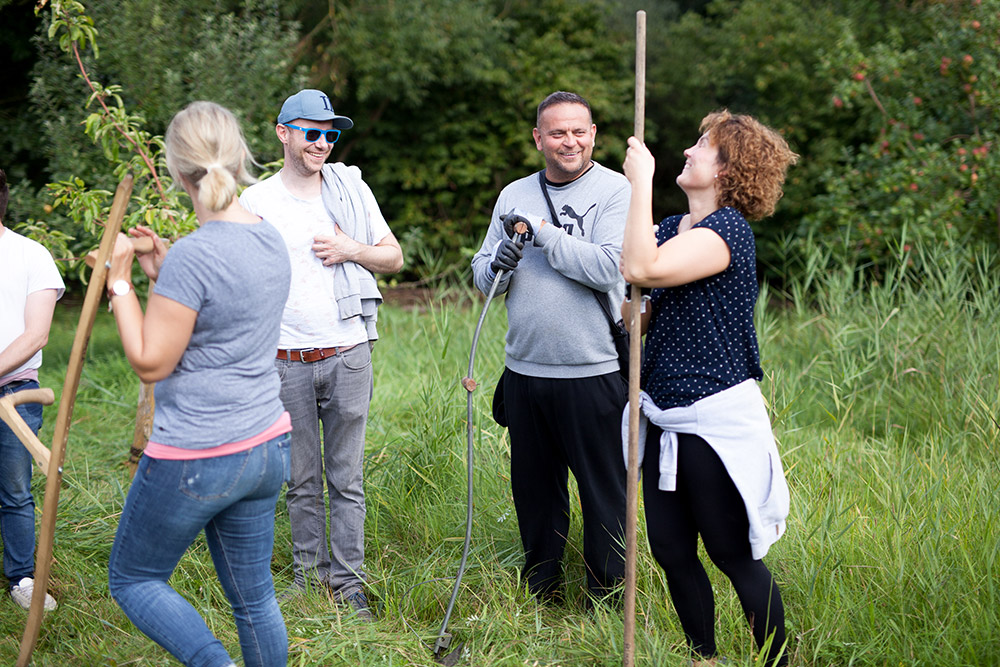
A team that creates impact
Participation in the day of action was of course voluntary. Many of us came without prior knowledge, but with a lot of heart for our environment. It was all the nicer when we heard from Nora and her team what a great help we had been. According to her, we accomplished more on that one day than they would otherwise have been able to do in eight Mondays.
This shows us that working together creates impact.
